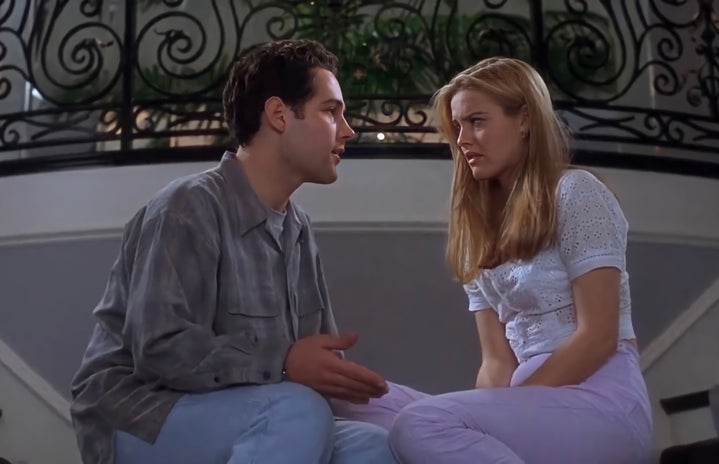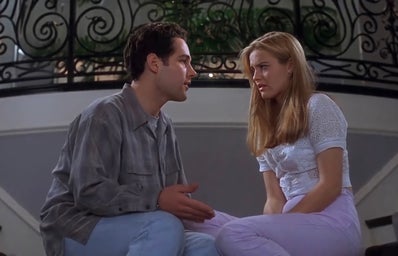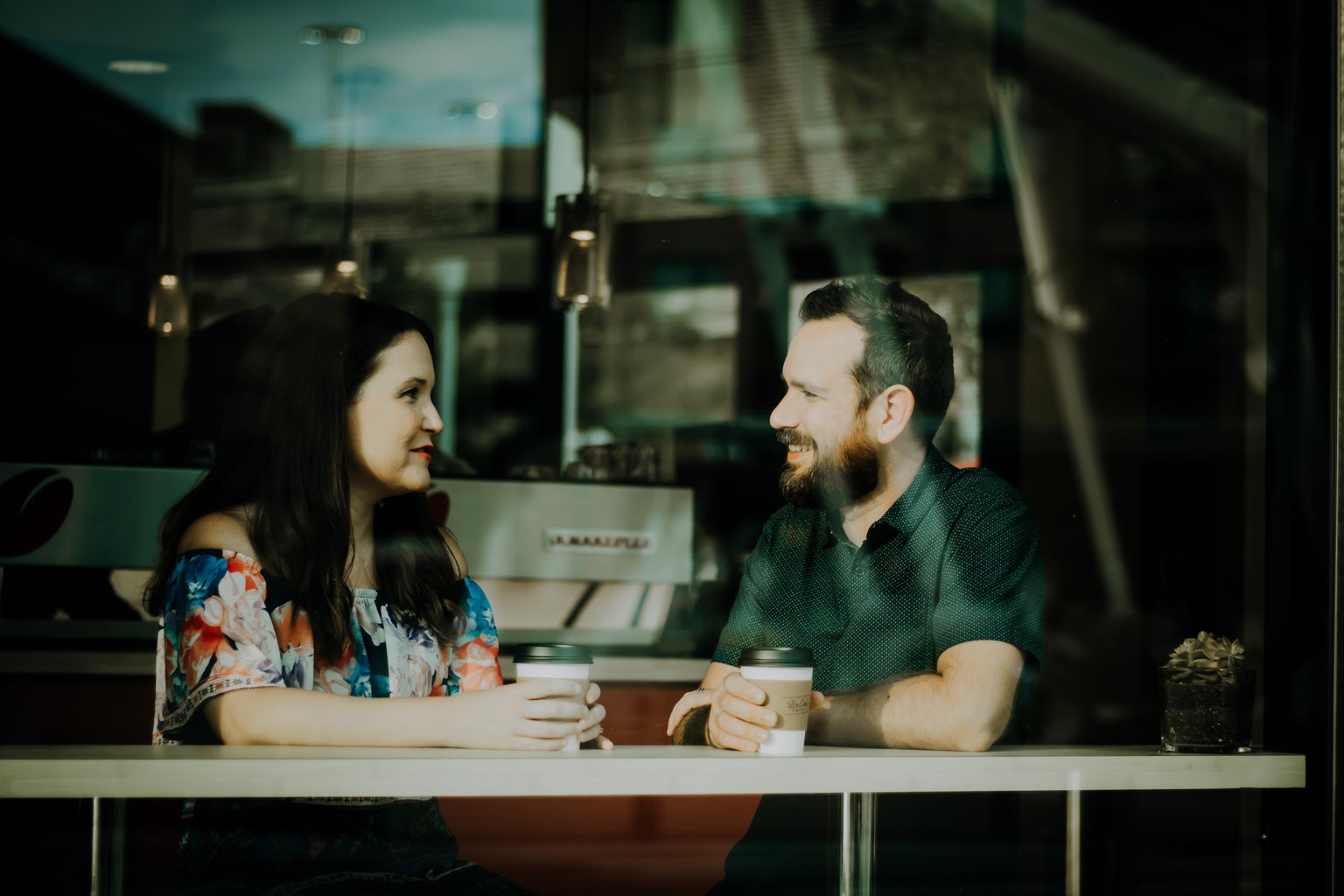My identity is always changing. Year by year, month by month, day by day—and if I’m moody—hour by hour. Yet, every time I start dating someone, I somehow zip my identity into this neat set of traits, values, and interests.
I’ll casually slip the SparkNotes summary of my personality into the conversation. Or at least, I’ll think it’s casual. Usually, my date is doing the same. Each time the conversation reaches a lull, we progress through each other’s compatibility checklist. “…Music? …Books? …Ambitions?…Hate Trump?…Love Dogs?” I know this is seen as a normal part of getting to know someone, but I think social media and dating apps have made my generation, Gen Z, too prepared to answer these questions and too eager to hear the answers.
I grew suspicious of this while watching the red flag trend blow up. This emoji appears in memes, TikToks, and tweets alongside a description of a specific behavior. It suggests that if you see this behavior in a stranger, it is a sure sign that they will be a bad partner. Eventually, out of this trend grew the “green flag” where users began indicating the signs that someone will be a good companion. Meanwhile, I was discovering more and more influencers who were popular for sharing their list of dating dos and don’ts, in an attempt to “decode modern dating culture” for their followers.
All of this dating advice sounds dangerously formulaic to me. We are attempting to create extremely simplified, step-by-step instructions for one of the most complex, nuanced processes: getting to know someone.
Nonetheless, I’m not surprised we are trying to expedite our romantic connections. I think this might be our way of dealing with the multitude of candidates that dating apps are offering. In an interview with Ezra Klein, contemporary philosopher C. Thi Nguyen discusses the book, “Trusted Numbers” by Theodore Porter. According to Porter, the more information we try to digest, the more we try to organize it into a point system.
Nguyen explains this by saying,”…quantified measures are extremely good tools for large-scale bureaucracies to organize themselves…you kind of take really context-sensitive nuanced information that requires a lot of background to understand and then you carve out all of the subtle nuance and all the weird little information.”
Nguyen gives an example of this with the GPA system. While a student’s capabilities cannot be understood through a 3-digit number, administrators must assess large numbers of students by categorizing them into standardized, two-dimensional units. While we haven’t reached the point of a dating number system, I think we are seeing a similar form of evaluation in the dating world.
The world is overwhelmed by dating options, so to gauge romantic interactions efficiently, the internet offers generalized metrics to measure our romantic chemistry. Did they text the day after? Did they ask to “hang out” or make a nice plan? Do they have an organized room? These red flags, green flags, and “dos and don’ts” that closely resemble a tallying system. It reminds me of those self-diagnosis sheets — “if you answered yes to 5 or more questions you might have _____.” Unfortunately, I don’t think human connections can be simplified to calculations.
However, social media has convinced us that this is possible. We are constantly reducing our identities to a grid of photos, videos, and captions. We’re used to judging other people in a matter of seconds by liking or following their posts after one swift scroll. I think in solidifying our personal “brand,” our definitions of compatibility have become far more rigid and less thoughtful. Just as we have done online, socially we’re attempting to cut out the time and space it takes to pick up on the “subtle nuance and all the weird little information” that goes into forming a relationship.


